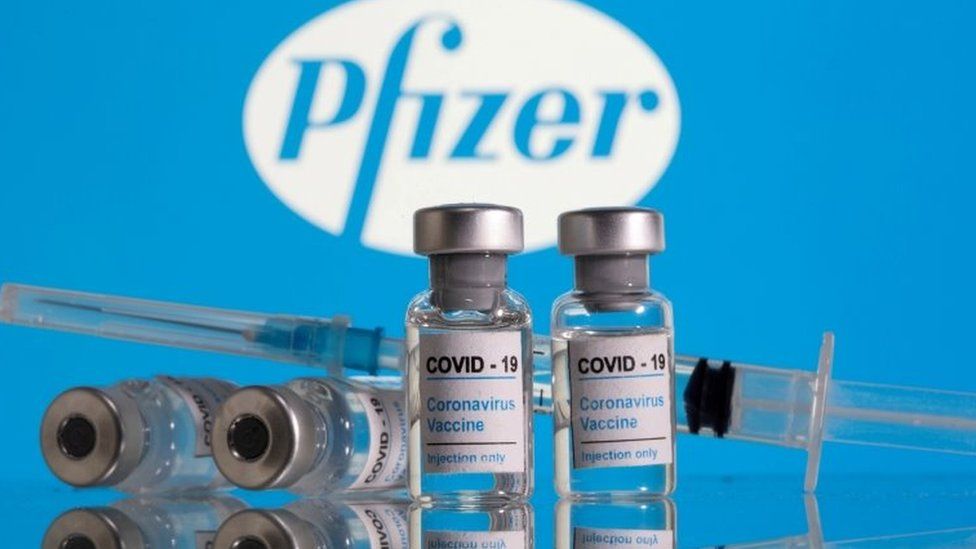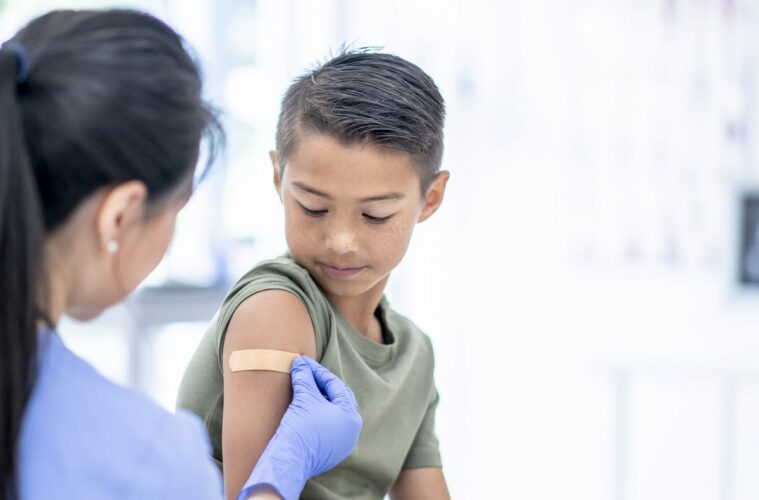Pfizer Inc said on Tuesday that they will begin testing its COVID-19 vaccine in a larger group of children under age 12. They have selected a lower dose of the shot in an earlier stage of the trial.
The Pfizer study will unroll up to 4,500 children at 90 different clinical sites. The company said the study will be done across the United States, Finland, Poland, and Spain.
Based on safety, tolerability and the immune response generated by 144 children in a phase I study of the two-dose shot, Pfizer said it will test a dose of 10 micrograms in children between 5 and 11 years of age. 3 micrograms will be used for the age group of 6 months to 5 years old.
Today begins the Phase 2/3 part of our continuous study of the Pfizer – @BioNTech #COVID19 vaccine in healthy children. This is the next step allowing us to gather data to understand the safety and immunogenicity of the vaccine in this group aged 5–11 years.
— Pfizer Inc. (@pfizer) June 8, 2021
A Pfizer spokesperson said the company expects data from 5- to 11-year-olds in September. They would likely ask regulators for emergency use authorization later that month. Data for children 2 to 5 years old could arrive soon after that, he said.
Pfizer expects to have data from the 6-month to 2-year-old age group sometime in October or November.
The vaccine has been authorized for use in children as young as 12 in Europe, the United States and Canada. They receive the same dose as adults: 30 micrograms.
According to the U.S. Centers for Disease Control and Prevention (CDC), nearly 7 million teens have received at least one dose of the vaccine in the U.S.
Vaccinating children and young people is considered a critical step toward reaching “herd immunity” and taming the COVID-19 pandemic.
Possible side effects
Still, scientists in the United States and elsewhere are studying the possibility of a link between heart inflammation and mRNA vaccines, particularly in young men. Both Pfizer and Moderna Inc’s vaccines are mRNA shots.

Israel’s Health Ministry said last week it had found a small number of myocarditis cases. They were observed mainly in young men who received the Pfizer vaccine there were probably linked to their vaccination. The cases were generally mild and did not last long.
Pfizer has said it is aware of the Israeli observations of myocarditis and that no causal link to its vaccine has been established.


